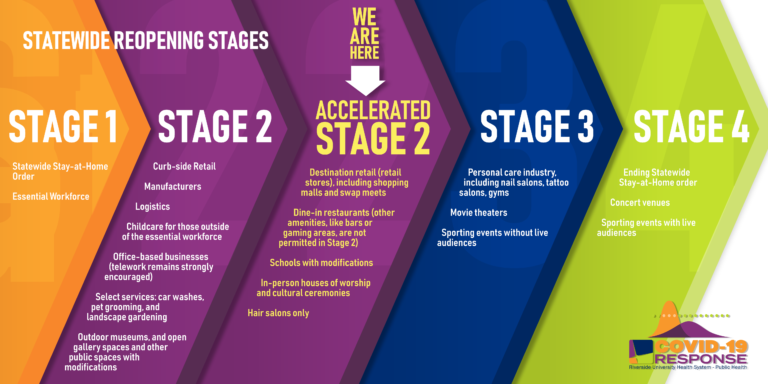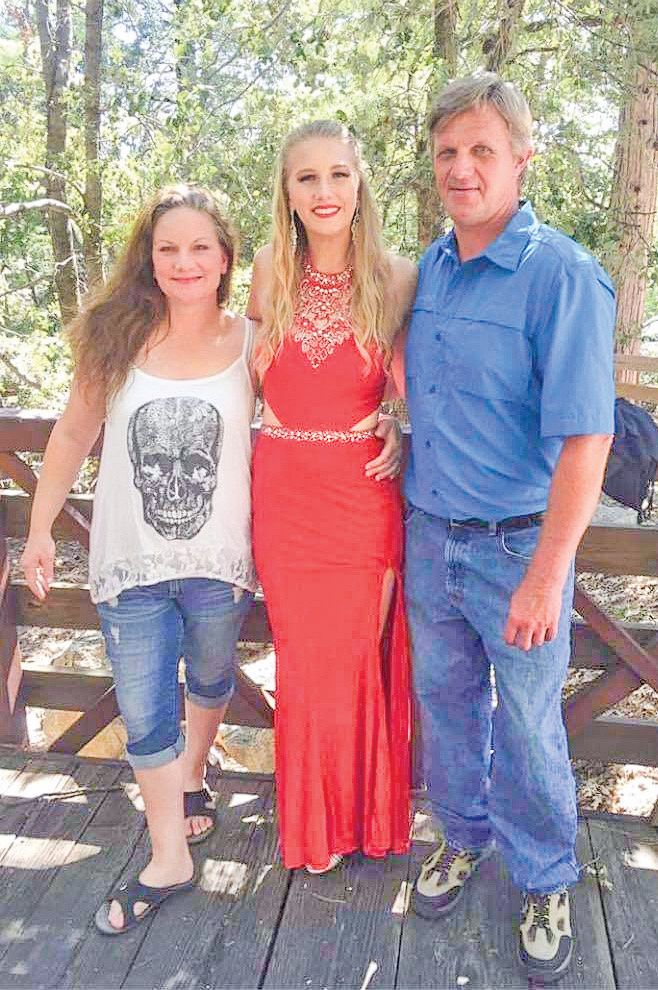A decision to revise Riverside County’s Ordinance 927, “Regulating Short Term Rentals,” (STRs) was deferred until Sept. 13. At its July 26 meeting, the board of supervisors heard nearly four hours of public comment from more than 60 speakers.
After devoting nearly another 90 minutes to discussion among themselves, the board agreed that some changes were needed and some issues needed further research. Although Supervisor Chuck Washington (3rd District) urged his colleagues to approve some revisions that day, they eventually agreed that some issues required more time to assess them.
“I don’t see how we’ll get there today,” responded Supervisor Kevin Jeffries (1st District). Chair Jeff Hewitt (5th District) concurred: “Were not ready. Lot of things we need to look at a lot more.”
For example, Washington supported the idea that STRs in the Wine Country should be hosted — meaning that the owner must live on-site. However, his colleagues’ views varied.
While Jeffries leaned in that direction, he said, “Temecula Wine Country needs its own differentiated approach, which may not apply to other regions.” He supports the hosted STR concept as long as current STRs without a host and with no known previous violations were grandfathered to continue.
Washington was not immediately interested in making exceptions and the other three supervisors were unsure of which direction to take. Despite Washington’s position about an issue affecting his constituents (the Wine Country), Jeffries noted that occasionally the board majority overrules the local supervisor.
And Hewitt said in summary, “The biggest issue today is owner occupied versus non-owner occupied. I do believe in private property rights.”
Some issues, such as removing the requirement for inside noise meters, were clearly supported by all five supervisors.
But each supervisor raised at least one question that posed a change to the draft ordinance that was potentially controversial. For example, Supervisor V. Manuel Perez (4th District) wanted to require that the rental booking period be for a minimum of two nights, rather than the one-night requirement in the current draft ordinance.
Washington noted that the two-night minimum was originally intended to “discourage party stays.”
Several were concerned about the occupancy limits, such as number of guests. Perez and Jeffries felt large estates should be treated differently than a residential structure on a smaller parcel. Perez recommended that the occupancy limits might be based on the acreage of the property rather than the number of bedrooms.
Another issue that posed questions from the board was accessory dwelling units (ADUs) which are structures separate from the main residential unit. Prior to enactment of Senate Bill 1069 in September 2016, these were referred to as “second units.”
“State law prohibits ADUs to be used as STRs,” Planning Director John Hildebrand said. “The primary structure can be rented but not ADUs.”
But Daane Griffeth of Idyllwild asked the board to “revisit the language on second dwellings or ADUs.” He and his wife moved to the mountain several years ago because they found a property with multiple dwelling units and a history of STRs.
With this added income, they have been able to grow their business, open a shop in town and now employ more than 20 people. “We’re there because we do it right and we’re hosting the property,” he told the board.
Whether to limit STRs to paved roads, which the Planning Commission recommended, was controversial for several supervisors. Expressing his opposition to this restriction, Jeffries noted, “It means the Planning Commission has never driven the roads in the unincorporated areas.”
Several supervisors espoused the view that “… one size does not fit all” in the application of the ordinance’s rules.
Whether to impose a limit or cap on the number of STRs within a community has been a major concern for Idyllwild residents ever since the board said in 2020 that it wanted to consider revisions to the current ordinance.
“The Idyllwild community was inundated with supersize crazy. The calls and concern came into my office and, in part, that’s why I wanted to review the 2016 ordinance,” Washington told his colleagues.
The Planning Commission asked the Planning Department to study and to analyze the various options before making a decision about caps. But the supervisors seem to want to decide this issue sooner, which is one reason for the deferral until September.
In his introduction to the revised ordinance, Hildebrand explained the complications of this issue. First, how does the county establish a boundary for the areas with limits?
Secondly, what is the basis for setting a cap or limit? Would it be the area’s population or the number of dwelling units? Would the cap or limit be a percentage or a fixed number of STRs? And would requiring a minimum distance or separation between STRs be sufficient?
If a limit or cap were imposed, how would it be implemented and managed? Would it be by lottery or first certificate application, or other means? And how would the county enforce the limit?
He then provided the board with the current STR data. As of July 20, and based on STRs registered with the Planning Department, there are 1,084 STRs in Riverside County, which is about 1% of the county’s dwelling units.
However, there are 488 STRs on the Hill. And 335 are in Idyllwild. This is 12.2% of dwelling units in Idyllwild. In Pine Cove, the 128 STRs represent 11.2% of dwelling units. These are the highest percentages of STRs in any community or neighborhood throughout the county.
Idyllwild has become a total “land rush,” according to resident Bev McCullough. “I have five STRs within 300 feet from where we live. And only one owner lives in Riverside County,” McCullough said.
She added, “Investors are calling from out of state for any house that goes on the market.”
While there are also advocates for caps or limits in the Wine Country, Hildbebrand’s data shows 367 STRs in French Valley, Rancho California and Sage, which is only 2.1%.
Later, Supervisor Karen Speigel (2nd District) asked Hildebrand whether the issue was one of regulating a business or one of someone making extra money renting out their home.
“This is a balance between ensuring public health and safety, a quiet community, and also, providing an opportunity for someone to use their home for an STR,” Hildebrand replied. “Creating a set of rules and regulation that balance that has been very challenging.”
That goal is the purpose of the revised ordinance that the entire board seemed to concur with. Early in the board’s discussion, Jeffries said, “Our goal is stopping bad actors from harming their neighbors and their property rights and enjoyment.”
Many speakers, especially from the Wine Country, argued that “bad actors” are often STRs without an on-site host while some others urged greater enforcement.
In November, the board authorized an increase in Code Enforcement funding to hire additional officers. Bob Magee, director of Code Enforcement, told the board that the staff hired is working evenings and weekend pursuing complaints.
“We’re fully staffed and actively pursuing all complaints received on our new 24-hour Call Center hotline,” Magee informed the board. The Call Center phone number is (951) 955-2004. The Desert Hot Line is (760) 393-3344.
The new Special Enforcement Team has affected STRs in several ways. First, Magee, noted, “The funding of the team and the news of pending ordinance changes have dramatically increased the number of STRs wanting to come into compliance and to get their certificate.”
Also, the enforcement response has intensified. “In the last 30 days, we’ve responded to 43 complaints and issued three violations and two citations,” Magee stated.
To continue enforcement and greater compliance with the requirement for an STR certificate, the board is prepared to earmark 50% of the increase in the county’s Transient Occupancy Tax due to STRs to Code Enforcement.
This draft of the ordinance increases the initial fee for an STR certificate to $740 from $250 and the annual renewal cost to $540 from $100. Also, the fines for STR violations will be greater.
The first violation will cost the STR owner $1,300. The second violation within 12 months of the first would be a $3,000 fine and the third violation within 12 months would be $5,000. This one could also initiate an automatic certificate revocation process, according to Hildebrand.
On Sept. 13, when the Planning Department returns with another revision of Ordinance 927, the supervisors want to address the following issues: occupancy (the number of permitted guests), caps or limits, hosted versus non-hosted rules for just the Wine Country, grandfather in existing STRs, and the length of a stay. The vote for bringing a revision back was unanimous.





